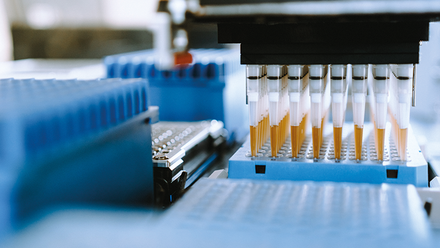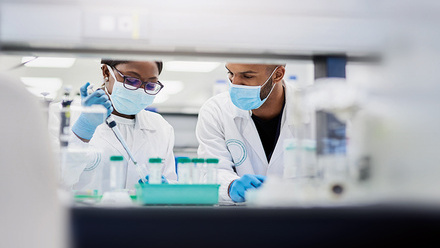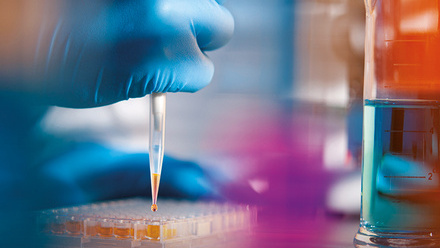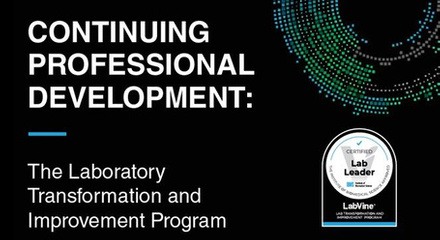IBMS responds to The Guardian
Ian Sample, science editor at The Guardian, described how the Health and Safety Executive (HSE) have investigated numerous safety issues at specialist hospital laboratories and private companies which resulted in laboratory staff being exposed to infectious samples.
The Institute of Biomedical Science (IBMS) welcomes the viewpoints of journalists and healthcare officials who have researched the investigations of the Health and Safety Executive (HSE) into specialist laboratories across the UK. The article sheds light on an essential issue: the importance of health and safety for laboratory staff when handling and processing samples in the lab.
Laboratories handle body tissues and samples so there is an inherent infection risk in the role of the laboratory in delivering patient care, which is carefully managed to prevent harm to staff and others. It is important to recognise that laboratories themselves are the originators of most reports made to the Health and Safety Executive (HSE) as a part of their health and safety protocol. A large percentage of these incidents will be ‘near misses’ where an untoward incident has been averted through early recognition in a quality process. Whilst the article tries to highlight poor practice, it also shows that there are robust reporting mechanisms for such exposure incidents and subsequent governance procedures to try and prevent the incidents happening again. It would be far more alarming if the article found that laboratory infections were not reported to the HSE and investigated accordingly.
Laboratories, like the airline industry, use safety breaches or failures to reflect and to learn. From every actual or near miss aviation incident the industry learns and takes us closer to better and safer travel. We would not wish it to be any other way. The same applies to laboratories. Given the vast number of samples that are processed each year, this small number of reported cases indicates the high level of safety in diagnostic microbiology laboratories.
Good news does not make good news so it is unsurprising that the focus of the report tries to portray a service with a poor safety record. In reality laboratory acquired infections are extremely uncommon and in some of the cases it would be difficult to prove the incident was actually laboratory acquired and not naturally acquired through poor personal hygiene.
With regards to the receipt of samples, laboratories are at the mercy of their users, and whilst they constantly promote correct procedures for the transport of laboratory samples there is always the risk that the procedures will not be followed and incidents will occur. However, the majority of UK laboratories will have policies, risk assessments and protective equipment to manage incidents and minimise the risk to staff.
Most NHS laboratories are accredited by an accrediting body and this ensures laboratories operate to a high quality standard normally ISO 15189 or ISO 17025. In addition there is comprehensive occupational health screening and employee vaccination schemes to prevent laboratory acquired infections.
By reporting and reflecting on each incident, managers and staff in laboratories can check their policies are correct and up to date, review their own practice and make sure they are all working correctly. Sometimes, a specific incident highlights a risk that was not previously obvious and leads to a change in policy and procedure to make work even safer for both lab staff and the public. The same as applies to the UK aviation industry, which is one of the safest in the world.
It is worth putting this in to the wider context: we live in a world of infection and these infections reside in the communities we live in as part of our daily lives. These infections are not unique to laboratories and the risk of infection is far higher outside of the laboratory than in it.
Link
The Guardian - Safety blunders expose lab staff to potentially lethal diseases in UK






